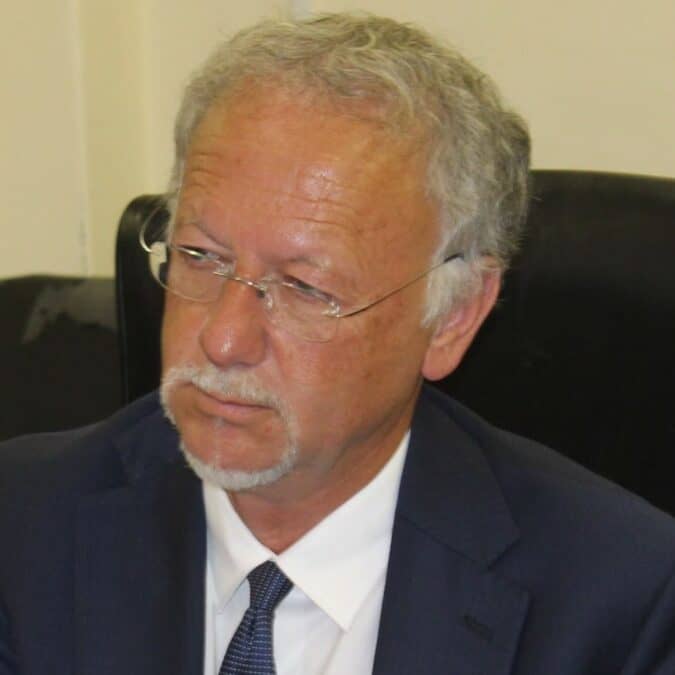GENEVA — States must be more inclusive in the treatment and use of minority and indigenous languages, the United Nations Special Rapporteur on Minority Issues, Fernand de Varennes, said ahead of International Mother Language Day, marked annually on February 21.
In a statement, de Varennes said that languages are essential tools to communicate and share knowledge, memory, and history, but they are also key to full and equal participation.
“One of the most effective ways of empowering minorities and indigenous peoples is to guarantee the use of their language in education – particularly as medium of instruction – as long as it is practical, and to provide public services and employments opportunities in these languages.”
“Language rights are also important human rights matters for both minorities and indigenous peoples. Special Rapporteurs, including my own mandate, have already been critical of the reduction, and in some cases, exclusion, of education in minority and indigenous languages which are discriminatory and thinly disguised efforts to assimilate minorities and indigenous peoples,” he added.
Rather than reducing or even eliminating the use of minority and indigenous languages in education, the UN Special Rapporteur on Minority Issues emphasised, States should invest in the development of teaching materials, the training of teachers and the promotion of mother tongue as a medium of instruction – where feasible – to ensure that minority and indigenous children are provided with the literacy and numeracy skills that will be most useful in learning other languages, including official languages.

“This is the most effective way of guaranteeing equality and non-discrimination with respect to international law.”
The UN expert explained that in celebrating the richness and beauty of the global linguistic tapestry, it is essential to move away from new forms of nationalist majoritarianism that assume that societies and states should have only one language to the exclusion of all others.
“This is inconsistent with inclusive societies that are respectful of the human rights of linguistic minorities and indigenous peoples. International Mother Language Day and the International Decade of Indigenous Languages are opportunities to promote and celebrate the world’s linguistic and cultural diversity – and to fully recognise and protect equally the human rights of minorities and indigenous peoples and their languages,” he concluded.








